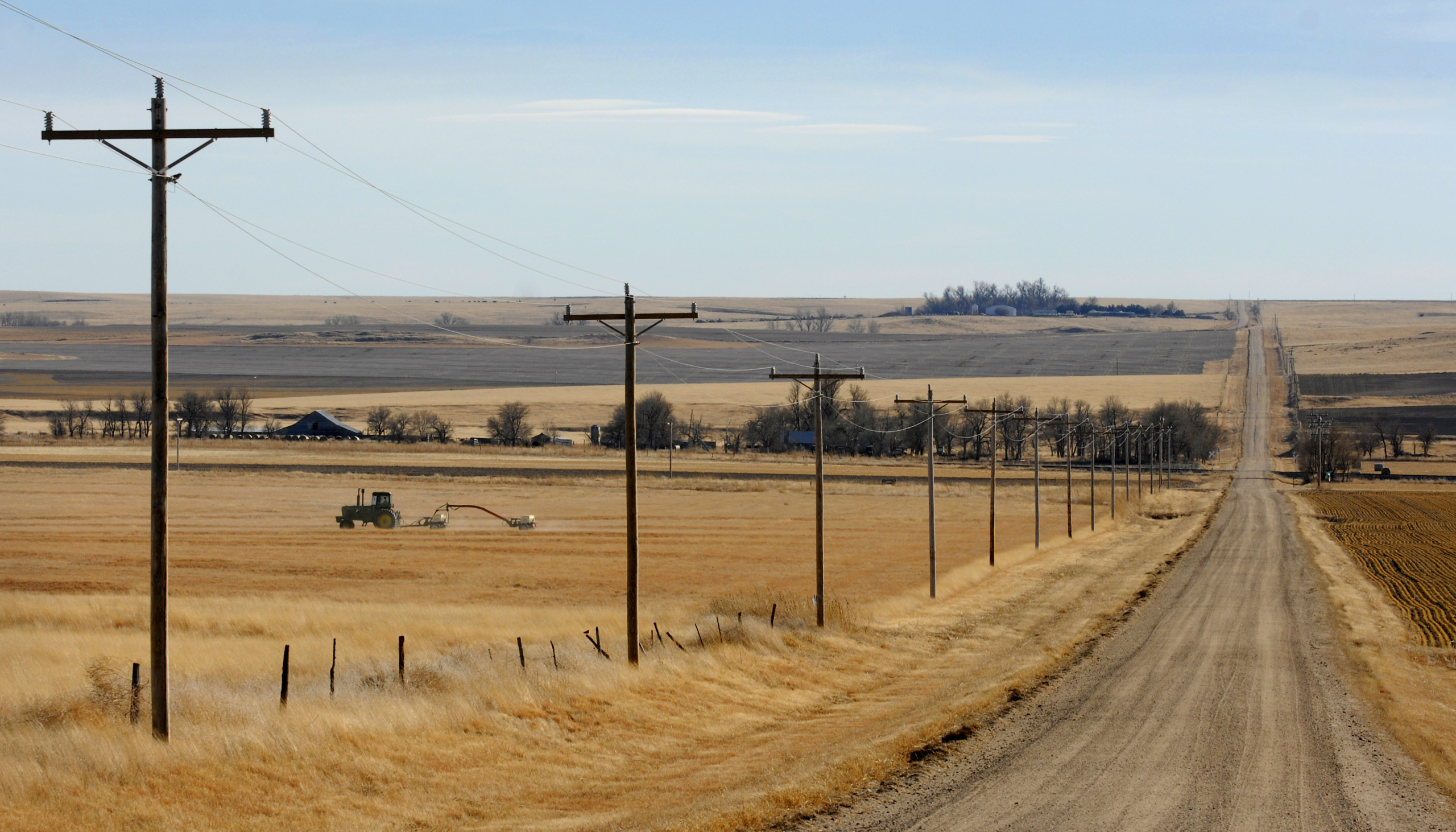During National Farm Safety and Health Week, observed from September 15-21, it’s vital to highlight the importance of farm electrical safety. Protecting lives and ensuring a sustainable future for our farming communities starts with basic safety measures. Regular inspections of electrical systems, proper grounding, and comprehensive training are fundamental in preventing accidents and ensuring the reliable operation of farm equipment. Farmers and workers should also use appropriate personal protective equipment (PPE) and avoid overloading circuits, which can lead to electrical fires and shocks.
Weatherproofing outdoor electrical outlets and equipment is another critical safety measure. Exposure to the elements can cause significant damage, increasing the risk of malfunctions or electric shocks. Properly storing electrical tools and equipment when not in use is equally important, as it helps prevent moisture-related issues and prolongs the lifespan of the equipment. These simple practices can make a significant difference in maintaining a safe working environment on the farm.
In the event of an emergency, such as contact with a downed power line, it’s essential to stay in the equipment and immediately contact Dakota Electric. Exiting the equipment before the power line is de-energized can be extremely dangerous. Additionally, never attempt to move a power line that may have sagged over time — instead, call Dakota Electric for professional assistance. Taking these precautions can prevent life-threatening accidents.
By following these essential safety measures, farmers and agricultural workers can create a safer environment on the farm. These practices not only protect individuals but also contribute to the overall well-being of farming communities, ensuring that agricultural operations can continue safely and effectively for generations to come.



